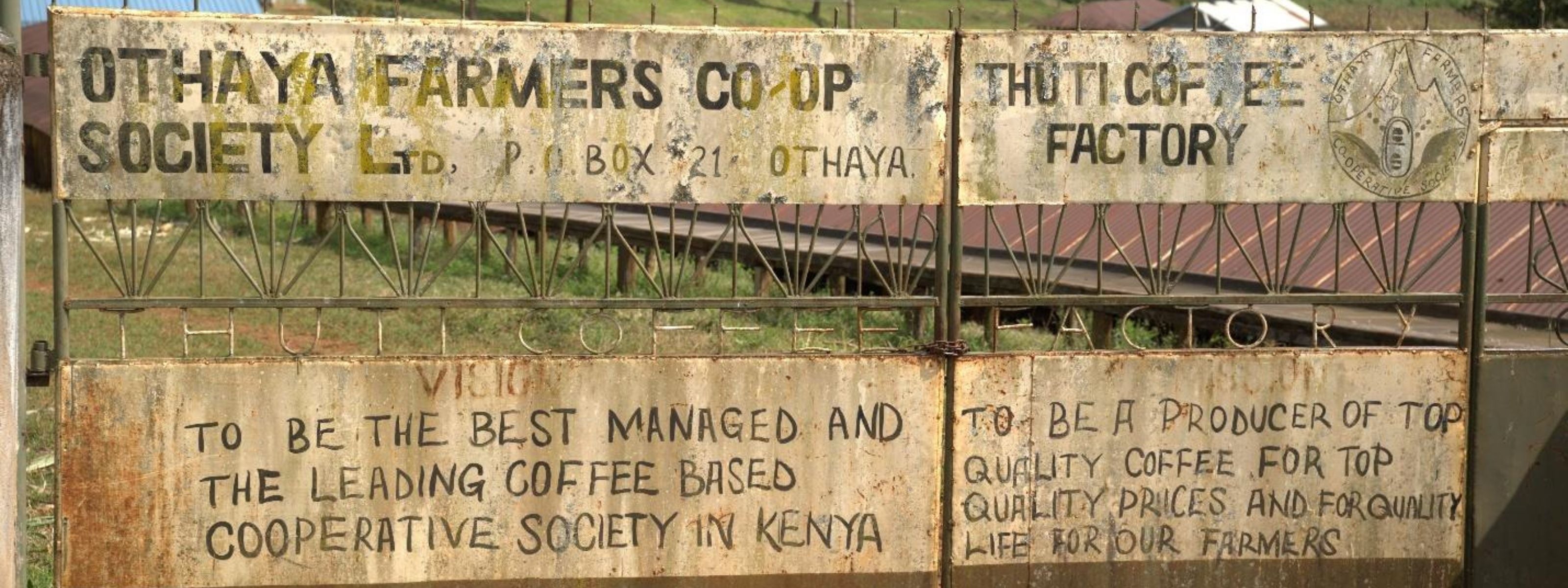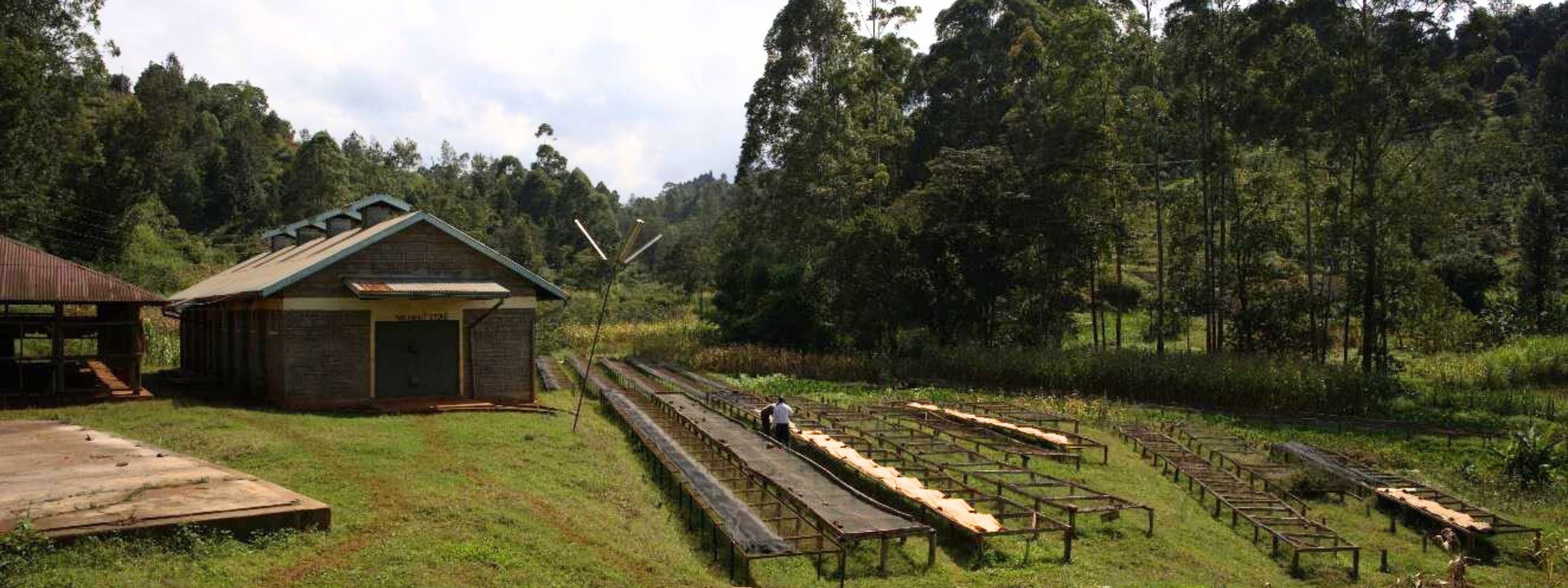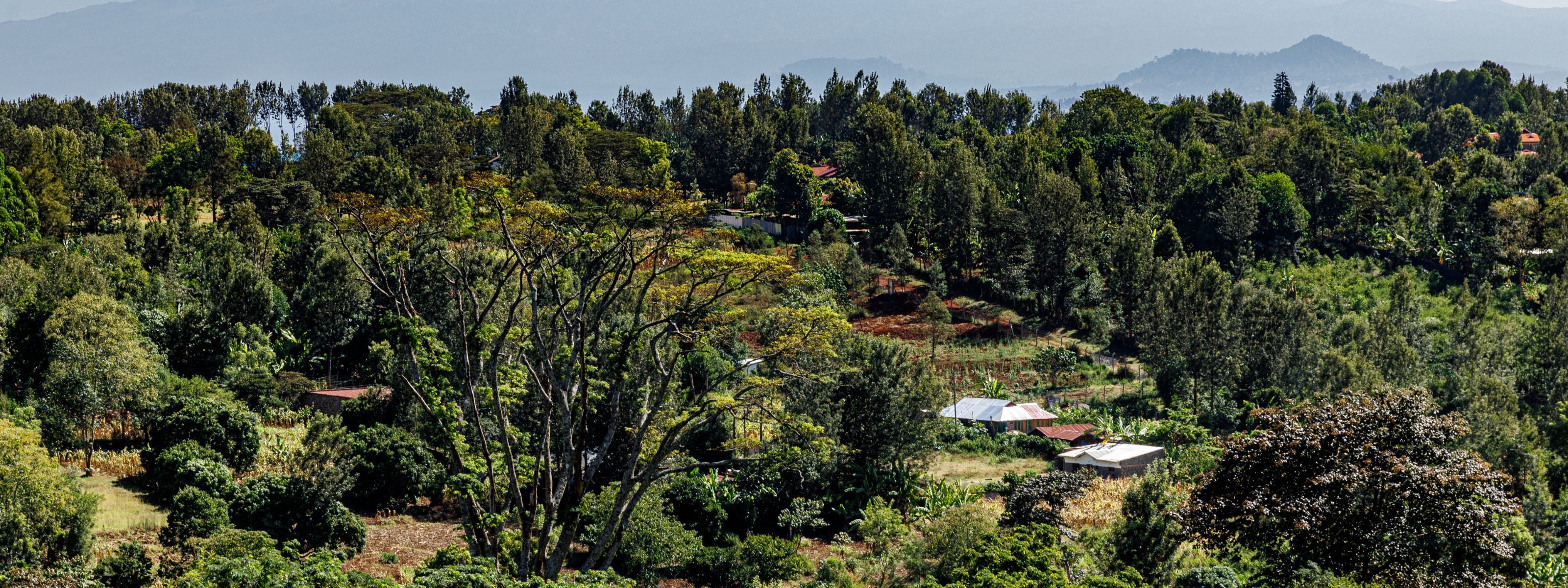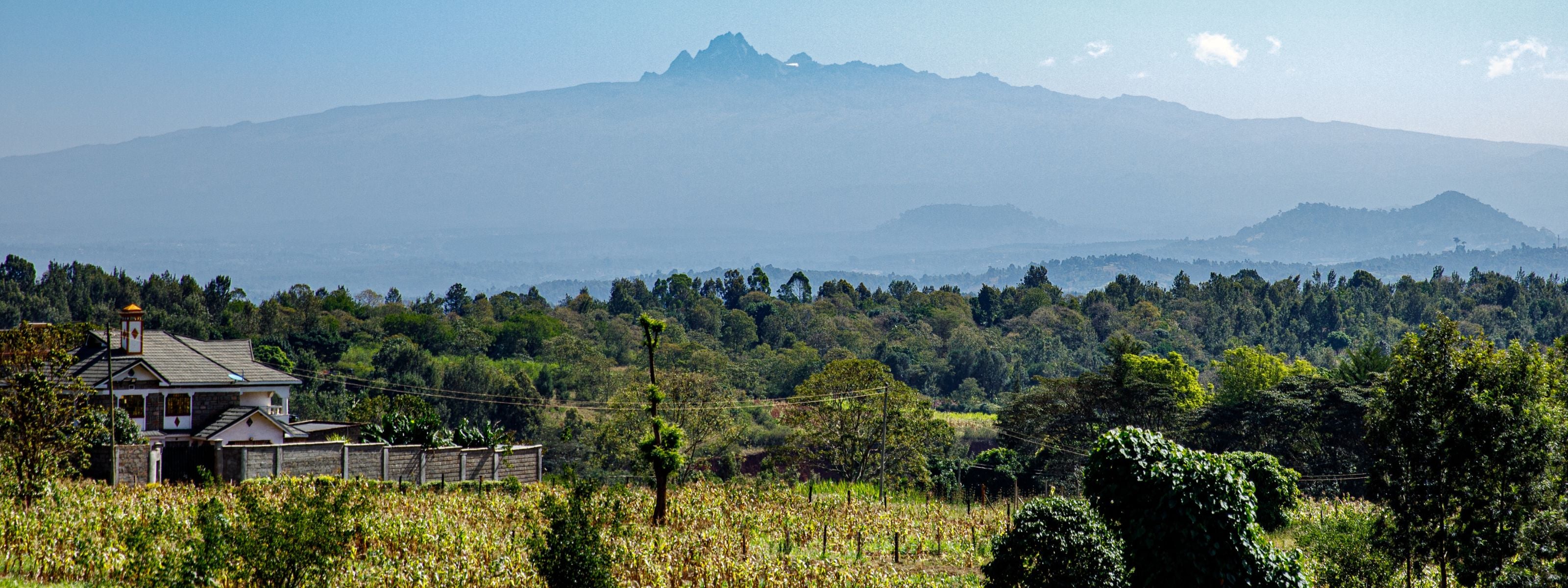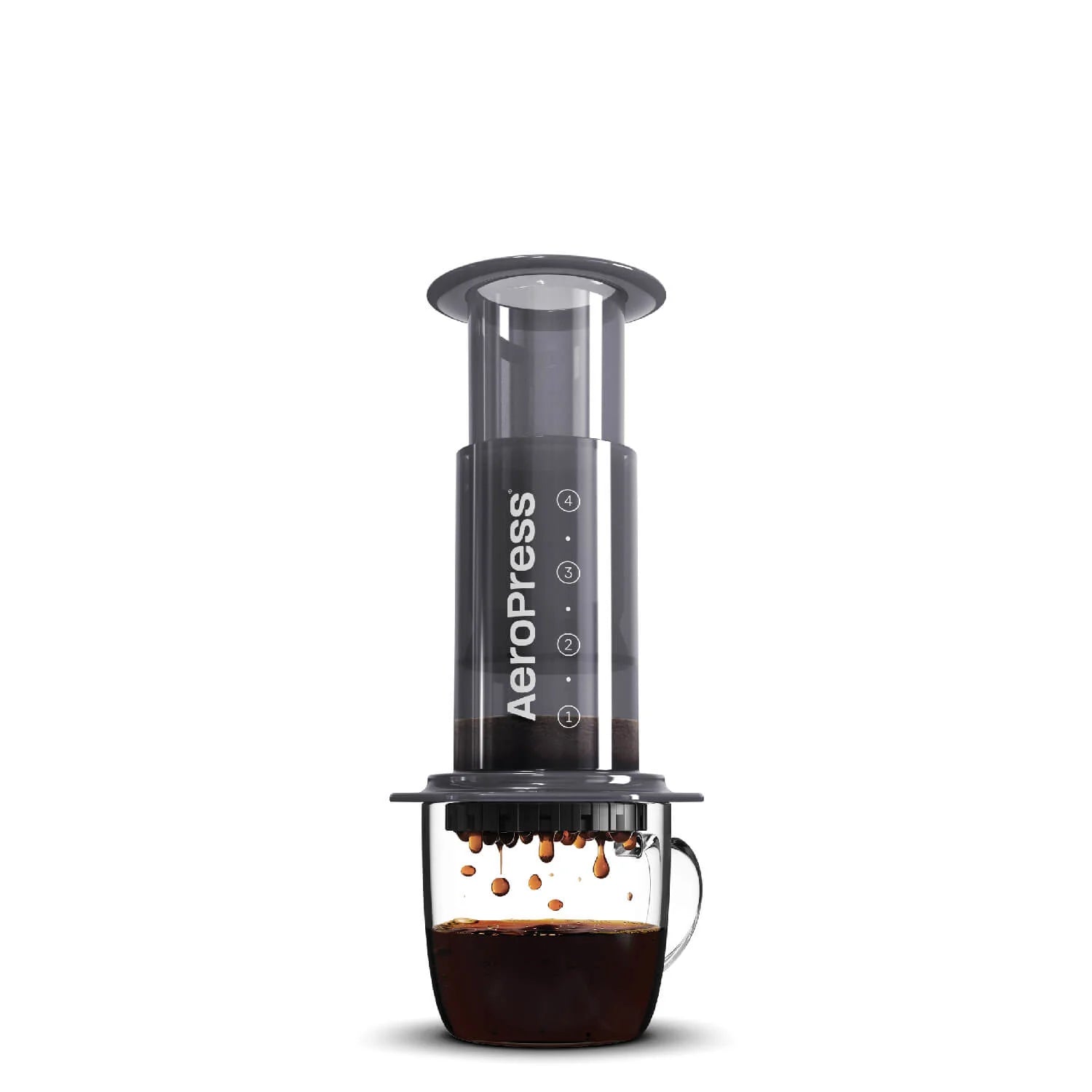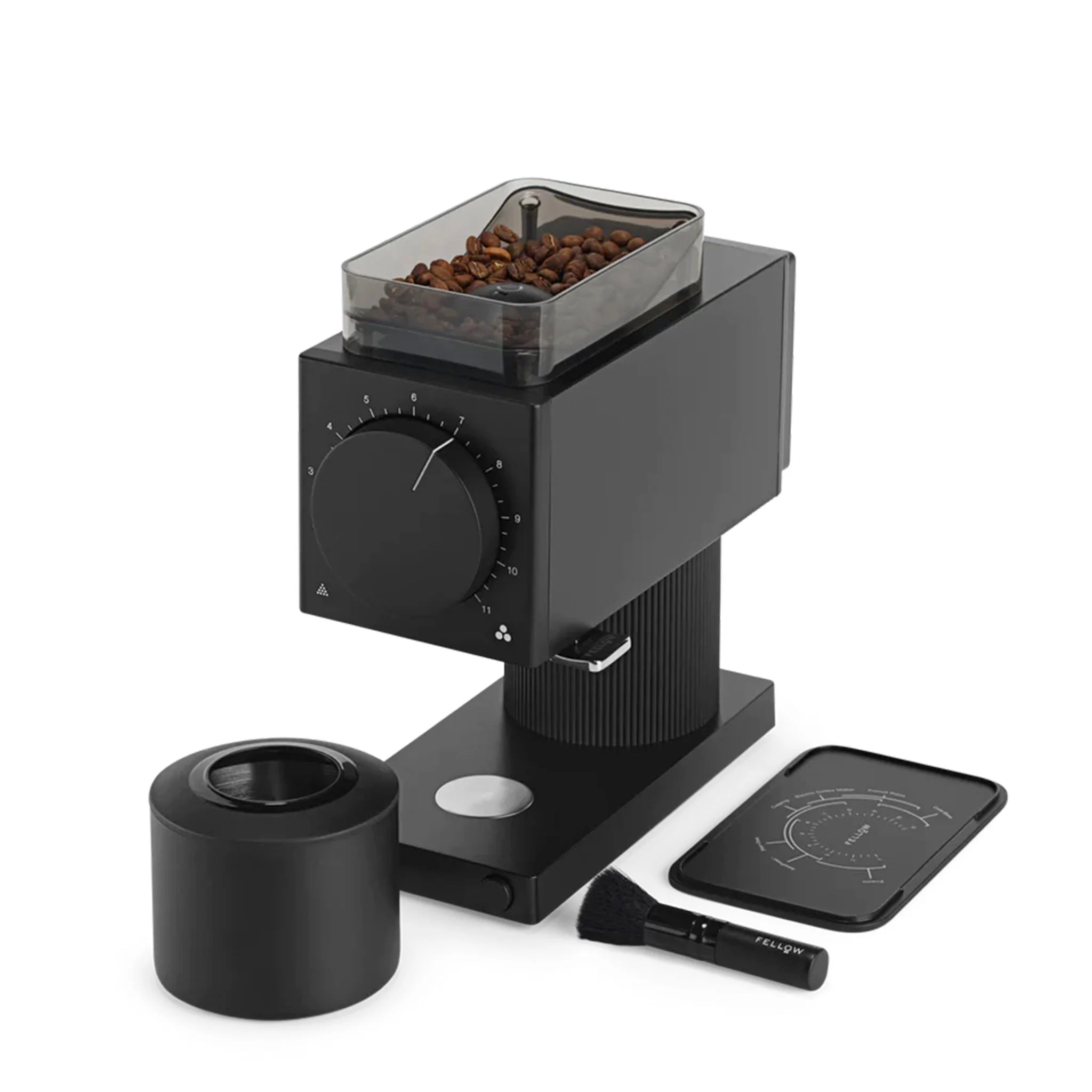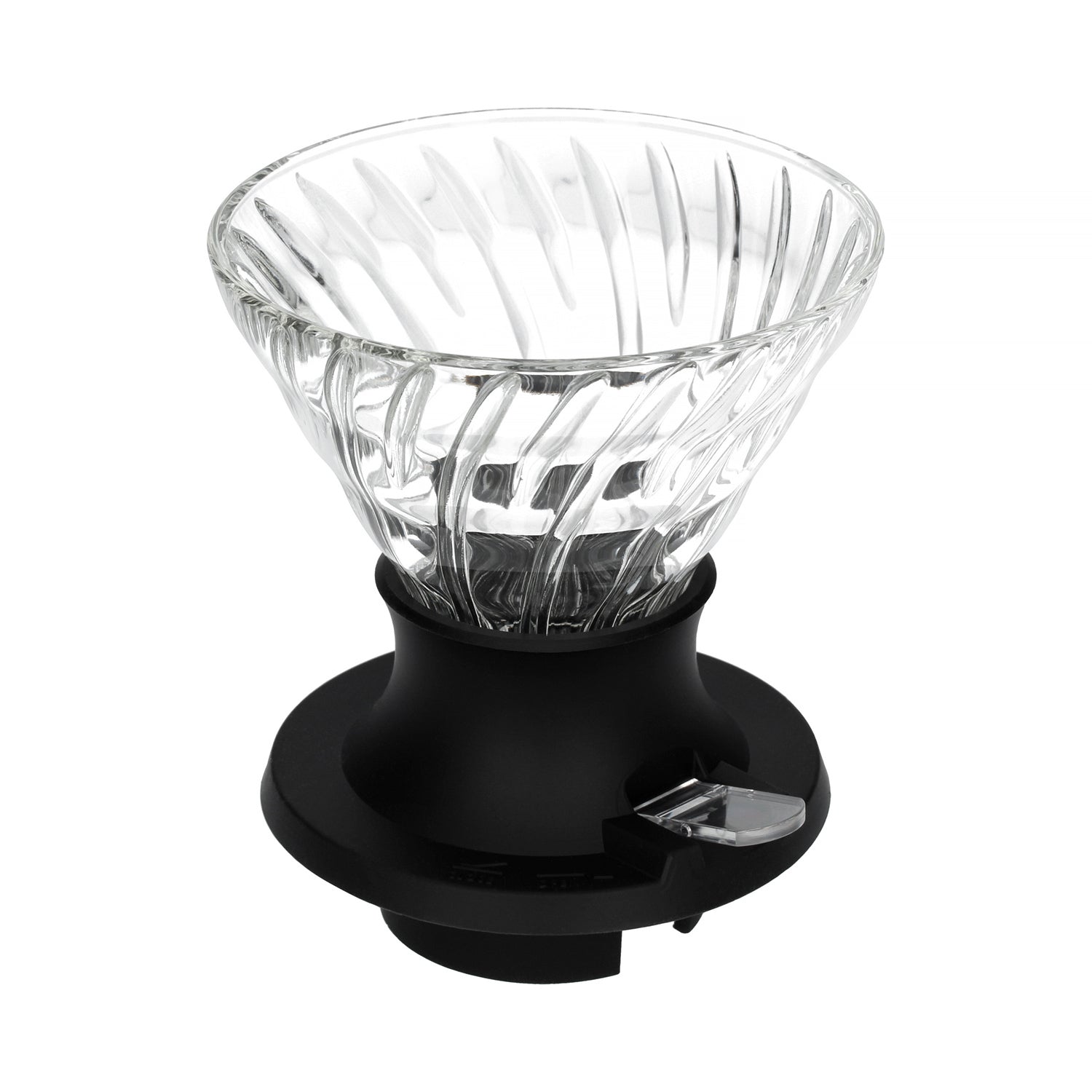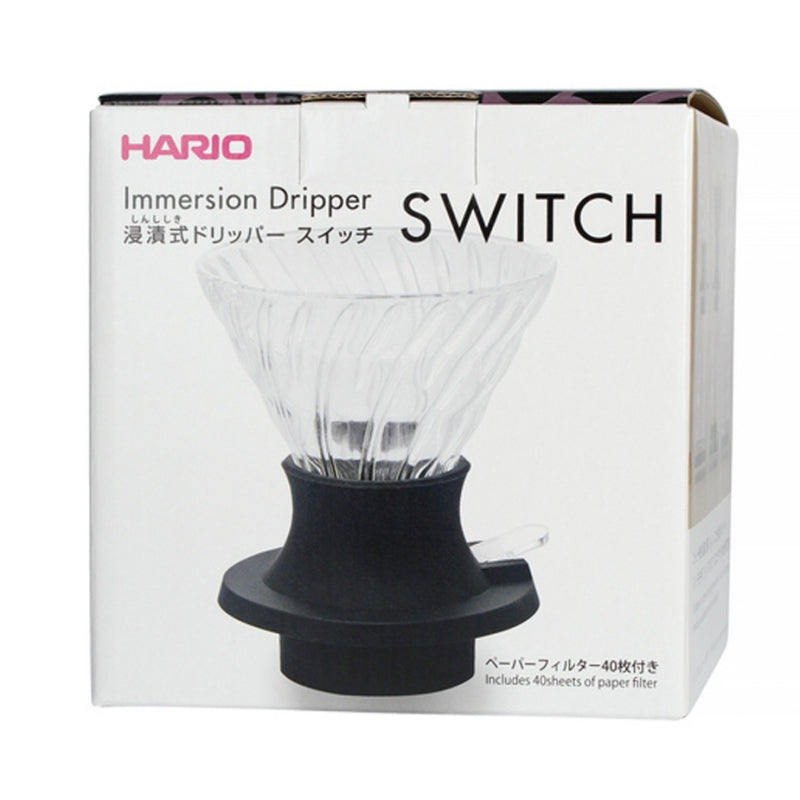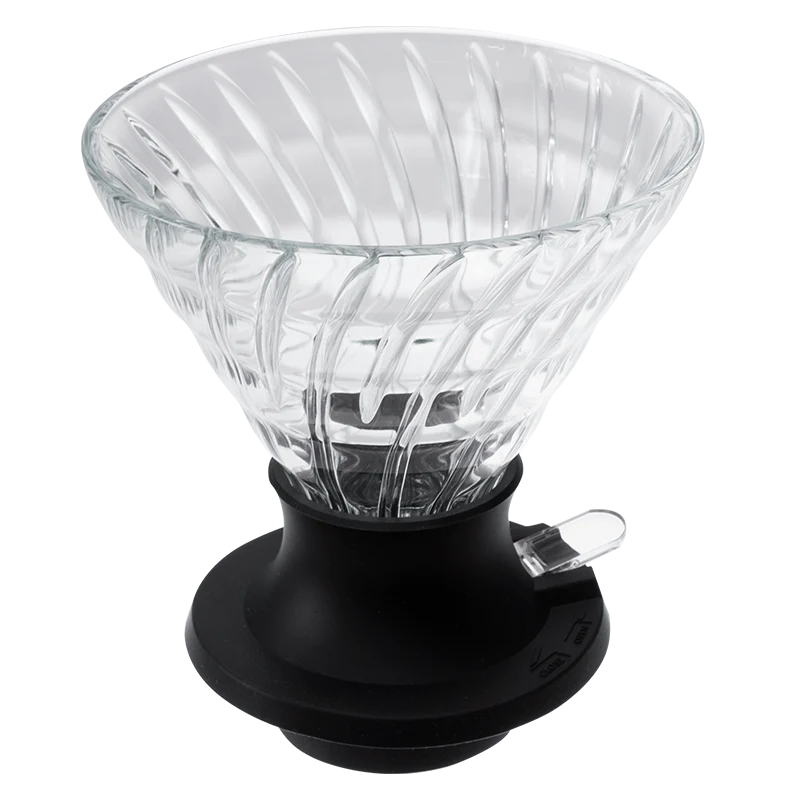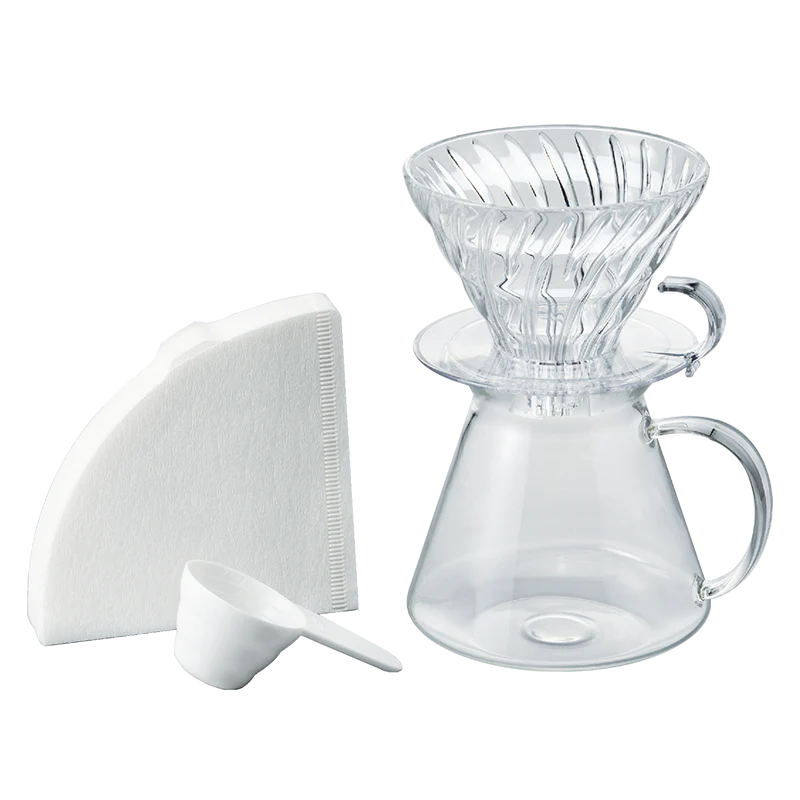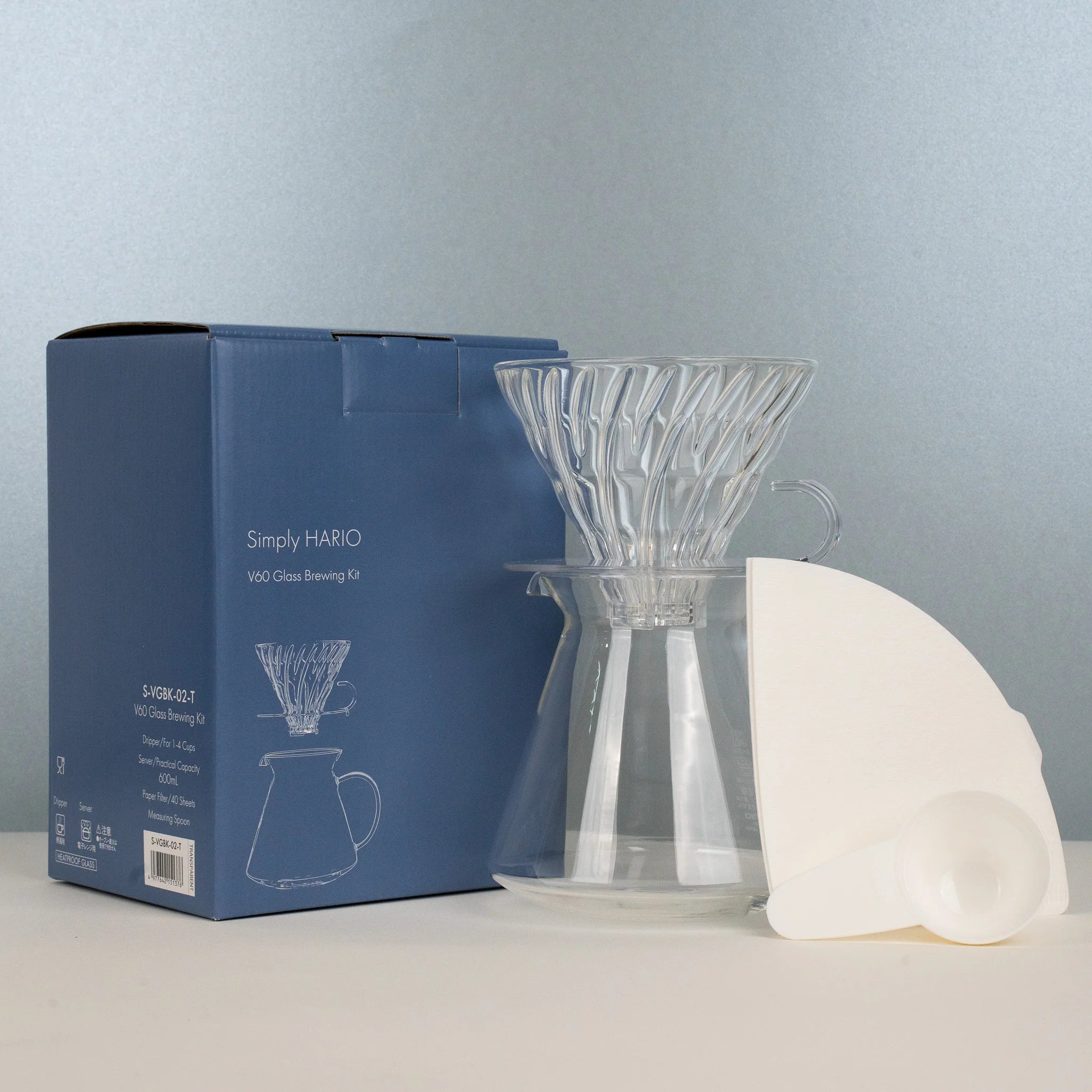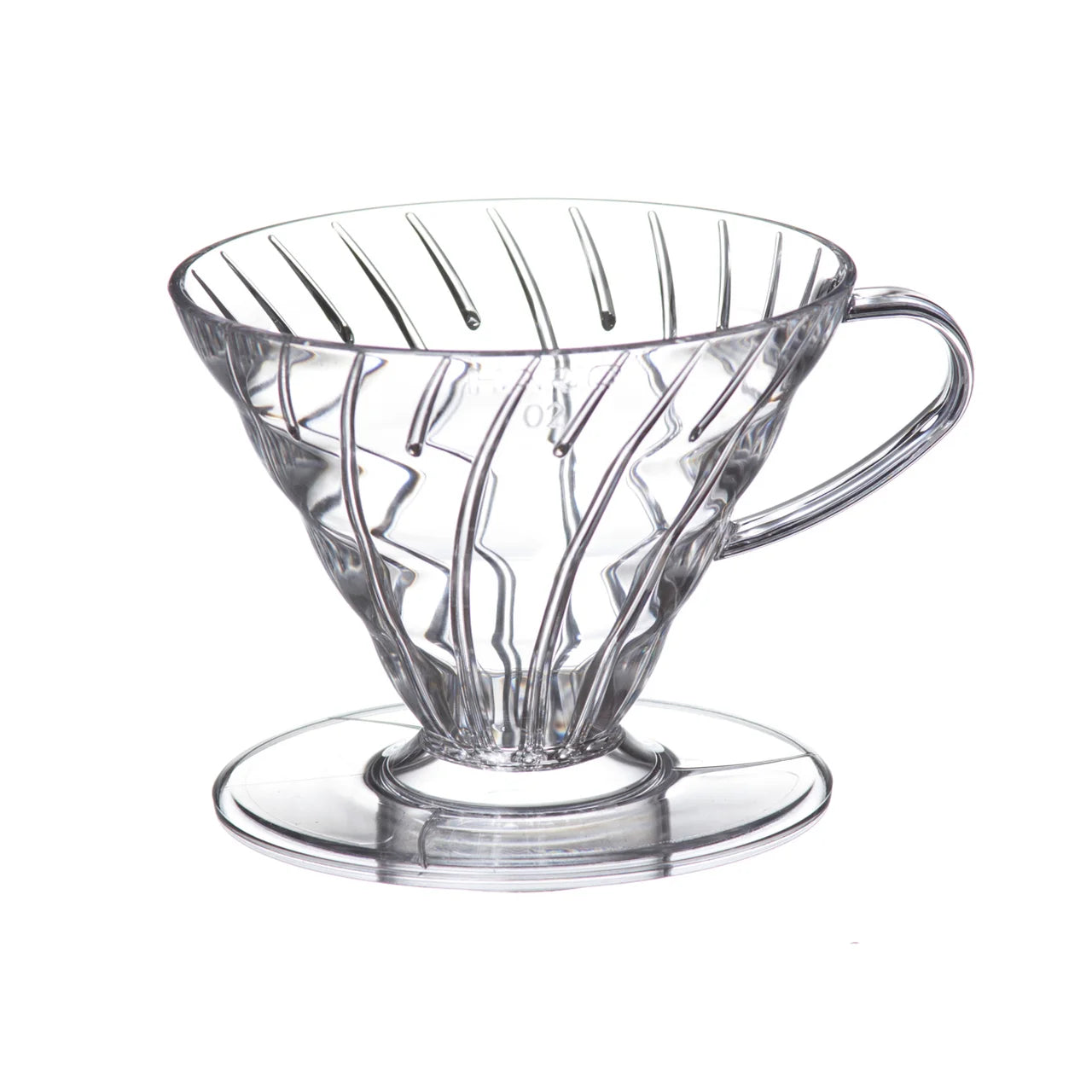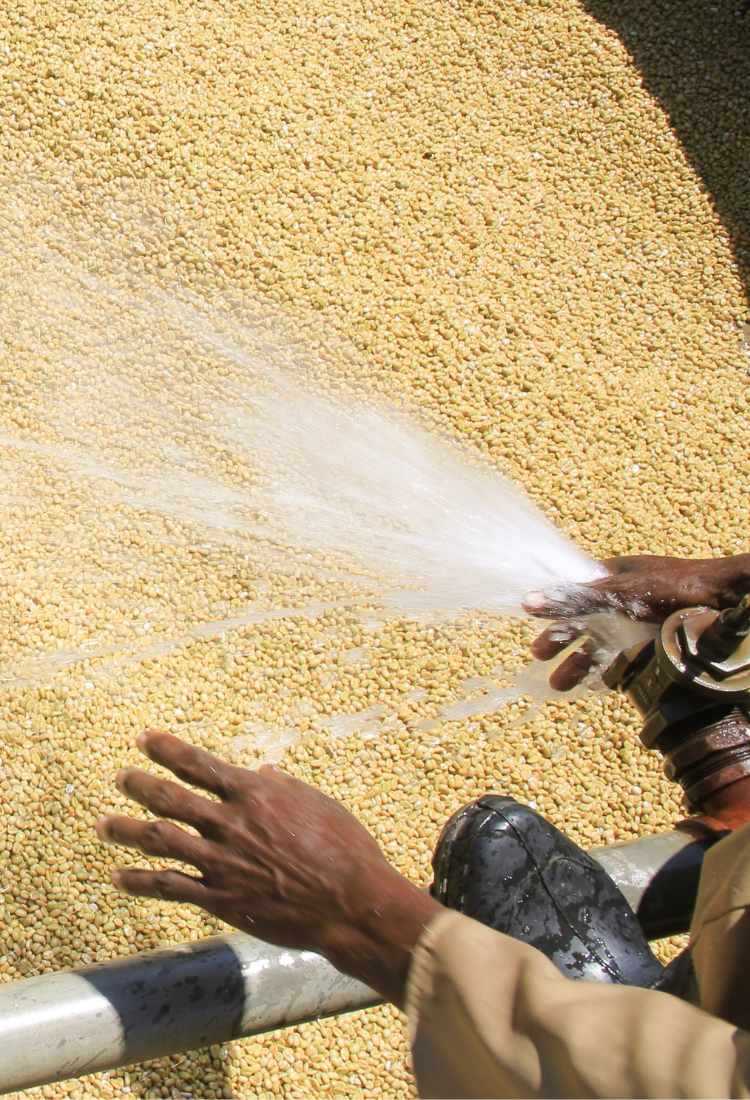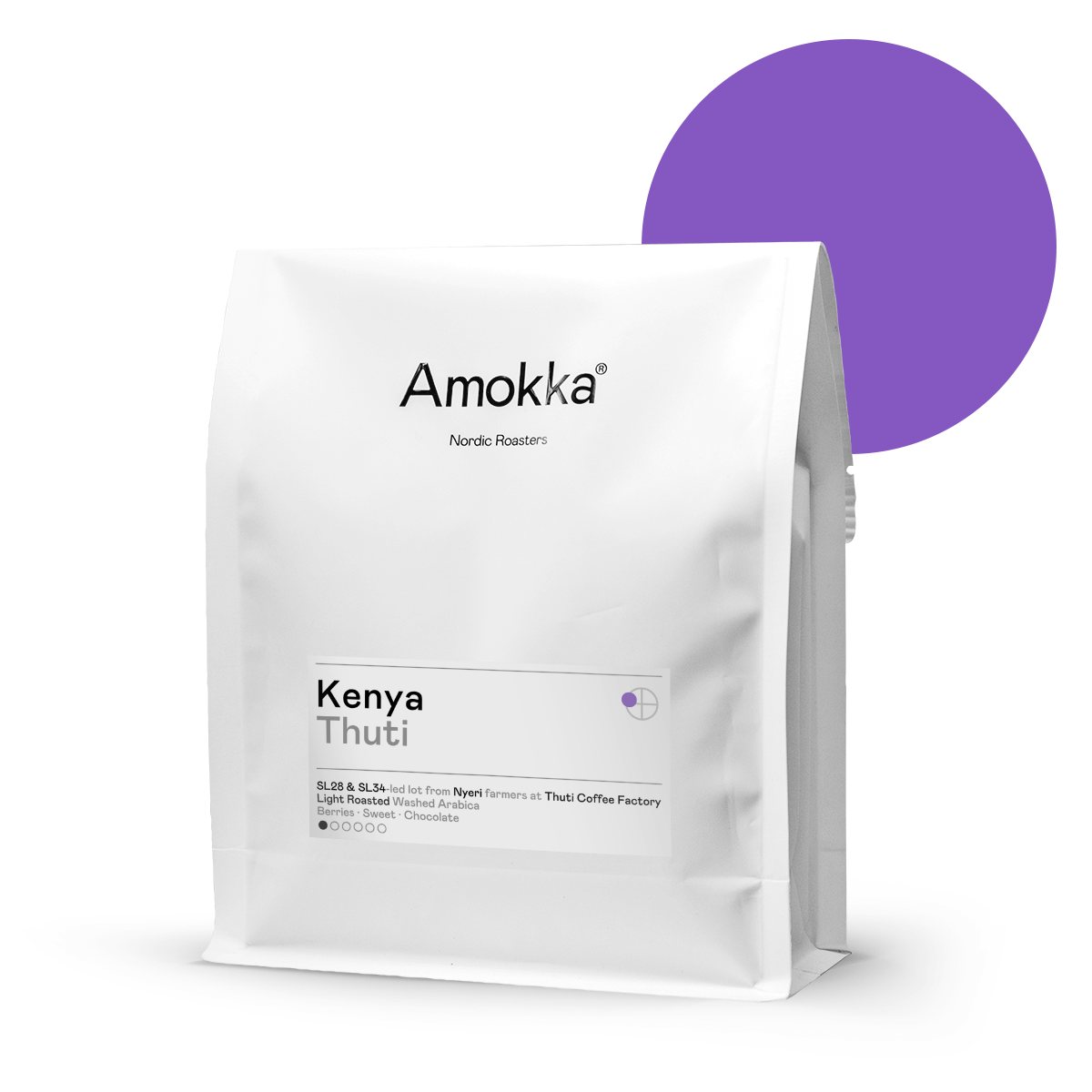
Kenya Thuti
Thuti is one of the smaller washing stations in Nyeri, tucked beneath the Karima Forest Reserve in the foothills of Mt. Kenya. It was established in 1958 and remains part of the Othaya Farmers’ Cooperative Society, a group that includes 18 stations across the region. Thuti’s 380 active members grow mainly SL28 and SL34 on small farms between 1700 and 1890 masl.
"This marks the first Kenya coffee in our lineup in several years. We’ve been selective in choosing one that shows the qualities we value most from the origin. Poma Coffee shared some samples from producers they work closely with and this lot stood out immediately. It offers a lighter expression of the classic Kenyan profile, with a clean, bright acidity and flavours of rhubarb and black currant.
Poma is a Danish-based coffee research company. They have been advising several farmer cooperatives and washing stations in Kenya. This coffee is from their network"
Origin
Kenya
Region
Nyeri, Kenya
Producer
Thuti Coffee Factory
Varieties
SL28, SL34, Ruiru 11 and Batian.
Processing
Washed
Crop Year
2025
Altitude
1700-1900m.a.s.l.
Roast level
1 out of 6
Flavour Notes
Berries, Sweet, Chocolate
Roaster
IMF
Batch Size
5 kg
End Temperature
208.0°C
Time
8.45 minutes
Choose options

Nyeri, Kenya
Othaya
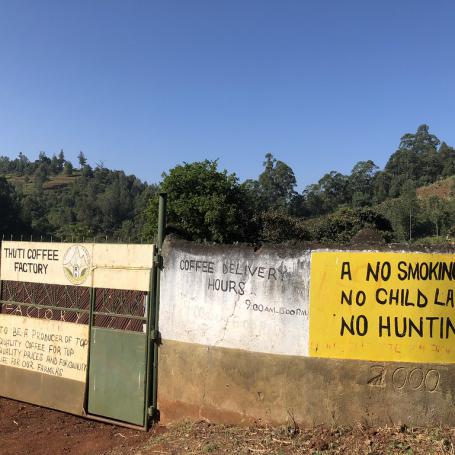
Kenya’s Cooperative System


